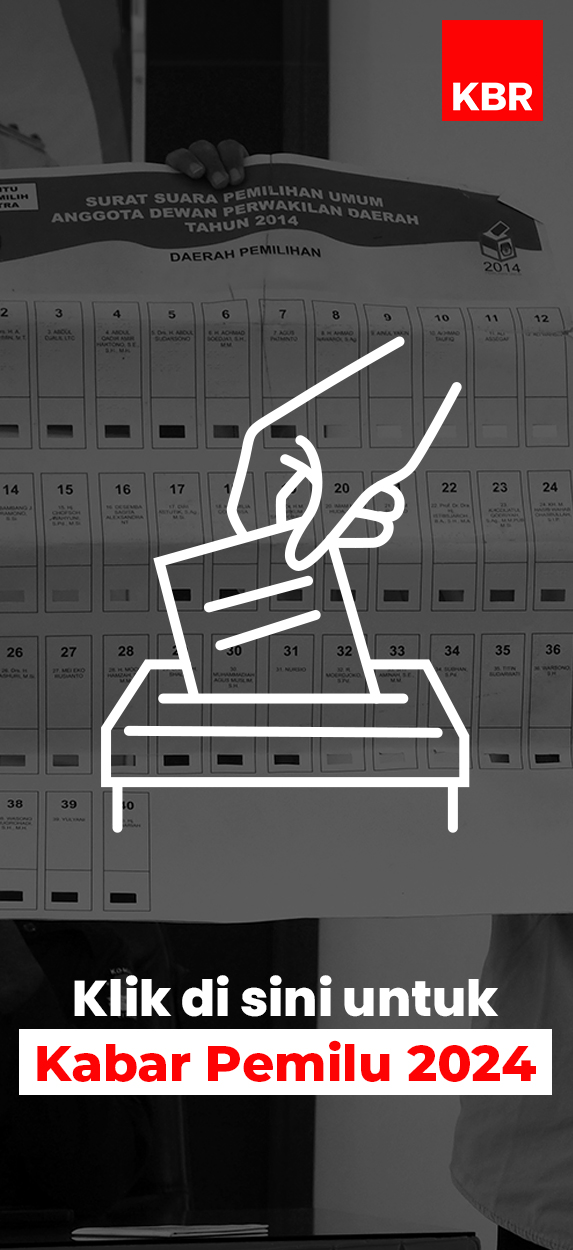In a recent landmark ruling, India’s Supreme Court struck down a section of law that enables politicians to remain in office while there are criminal cases pending against them.
87-year-old Lily Thomas is a social activist who filed a petition 8 years ago to prevent “tainted” politicians from running for elections.
“Court will under no circumstance approve of people with criminal and corrupt background to become people’s representatives at any level. Virtue shall be recognized in public life and corruption, criminalities, weaknesses and meanness shall be put down mercilessly. This is a landmark decision of the court to clean up the administration.”
The Supreme Court ruling is expected to clean up politics in the world’s largest democracy.
Thomas says criminal elements getting into politics is a dangerous trend.
“We must change our pattern of democracy. This direct election, this black money, people without suitable nature and character occupying responsible positions and unsuitable people coming into power and creating power centres, this will all divide and weaken the country.”
More than a quarter of members of Parliament and state assemblies face a range of criminal charges.
And according to the NGO, Association for Democratic Reforms, nearly a hundred are accused of heinous crimes like murder and rape.
Jagdeep Chokar heads the group.
“These are people who make laws for us but they don’t follow the laws themselves... They think they’re above the law. And all political parties are united in sabotaging any effort for electoral reforms.”
The ruling strikes down the Representation of Peoples Act that allowed politicians to run for elections or hold public offices until their appeal against a lower judiciary conviction was decided.
But now, they are to lose their seats if they’re convicted of a serious crime. They will also be barred from contesting elections if they have been sentenced to at least two years in jail.
Many have hailed the court verdict as a major step forward in cleaning up Indian politics.
Manish Sisodia is an anti-corruption activist.
“The Supreme Court has put a brake on the discriminatory tradition introduced by the earlier law. The law provided immunity to elected representatives to the extent that they considered themselves as God and thought they could do whatever they wished. Now they have been put on a par with ordinary citizens and now they will also face the same procedures and systemic weaknesses that ordinary citizens go through every day and that might make them realize their pain.”
But political parties including the ruling Congress Party and the main opposition BJP, have expressed concerns over the possible misuse of the law.
Meenakshi Lekhi is spokesperson for the opposition BJP.
“The misuse of this law against politicians and people who are law abiding citizens is far graver an issue. We all need to think and think deeper because the implications of this judgment are that all that happened during emergency in a crass manner this time we will be legitimizing it and using the process of law to even harass the political opposition.”
Some, including people from within the judiciary, are not happy about the way the Supreme Court has dealt with the issue.
Former Supreme Court Judge, Markandey Katju, describes the ruling as a case of judicial over-reach.
“Lawmaking is not the job of the judiciary. It is the function of the legislature, but here the court has gone overboard and made a law. The courts are there to interpret and implement laws not to make them.”
Others, like senior journalist Gurdeep Singh, say it violates politicians’ right to appeal and therefore goes against the principle of natural justice.
“Most of their verdicts get reversed in the appeal stage. Now, if we have a peoples’ representative who has been convicted by a lower court we will disqualify them, but later if he is acquitted by a higher court, what are we going to do? In this case, it’s not only the rights of the individual that are violated but also the rights of those people who have elected him as their representative.”
The government has hinted that it may file a review petition against the decision highlighting concerns raised by political parties.
But some politicians say the Court’s decisions must be respected and taken as the first step towards much needed reforms for national elections which are to be held next year.
Amarjeet Kaur is a senior leader of the Communist Party of India.
“Election Commission also made many attempts, held consultations, suggested various measures, but nothing practical has happened. And today, thanks to the court verdict, we are at least discussing the issue. There is a debate going on throughout the country. If the courts are intervening today, the political parties must accept it and take the issue seriously.”
No Room for Tainted Politicians in India
In a recent landmark ruling, India

INDONESIA
Sabtu, 27 Jul 2013 14:12 WIB


India, politics, Supreme Court, Bismillah Geelani
Kirim pesan ke kami
WhatsappRecent KBR Prime Podcast
Kabar Baru Jam 7
Strategi Perempuan Pengemudi Ojol Mengatasi Cuaca Ekstrem (Bag.4)
Arab Saudi Bangun Taman Hiburan Bertema Minyak di Tengah Laut
Menguji Gagasan Pangan Cawapres
Mahfud MD akan Mundur dari Menkopolhukam, Jokowi: Saya Sangat Hargai




